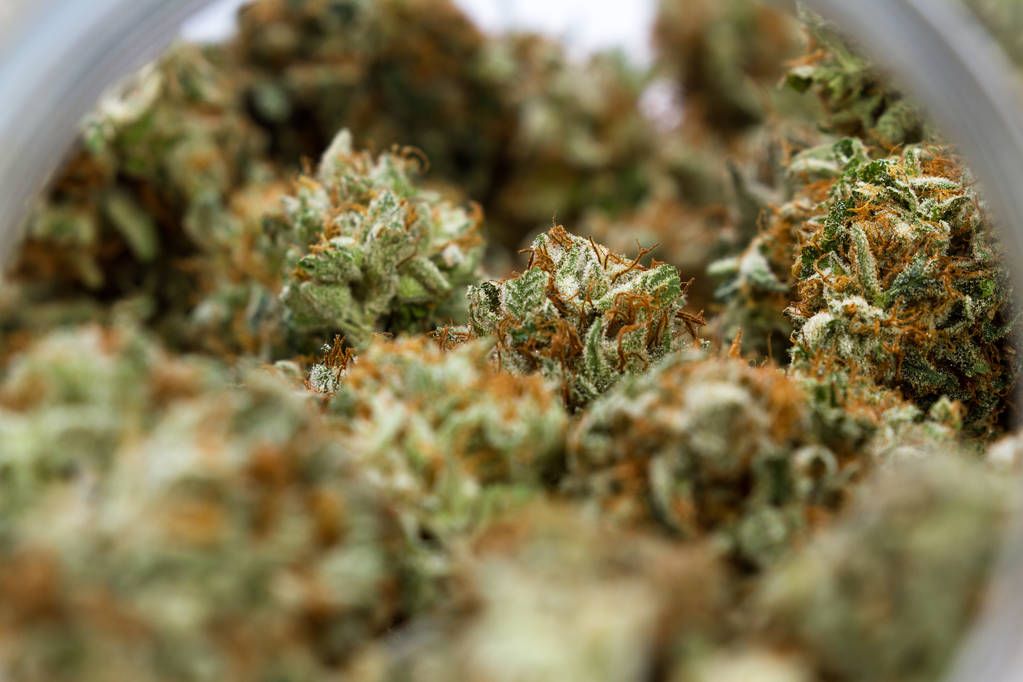Ohio’s recreational marijuana law, passed by voters in 2023, allows cities to opt out of allowing marijuana sales. So far, 55 have done so.

Under Ohio’s marijuana law, those 21 and older are allowed to possess up to 2.5 ounces of marijuana and up to 15 grams of marijuana concentrates, and they can cultivate up to six marijuana plants at a private residence. The law allows licensed marijuana stores, overseen by the Division of Cannabis Control, to sell marijuana and marijuana products.
As of this publication, 55 cities have enacted ordinances to prohibit licensed marijuana stores. Although these cities have a combined population of over a million people, they represent only 6% of all cities and towns in the state.
This 6% is notably lower than in many other states with legal marijuana, such as Michigan and New York, where over 50% of cities ban marijuana stores. A contributing factor could be Ohio’s Host Community Fund, which is distributed exclusively among cities and towns that permit marijuana sales.
Here are the 55 cities with temporary or permanent bans on marijuana stores (in aphetically order):
- Ashland
- Austintown Township
- Avon Lake
- Beachwood
- Beavercreek
- Bellefontaine
- Bellville
- Brunswick
- Carlisle
- Centerville
- Clayton
- Copley Township
- Eaton
- Fairfield
- Forest Park
- Franklin
- Granville Township
- Green
- Hamilton
- Hudson
- Kettering
- Kirtland
- Lakewood
- Lexington
- Lisbon
- Logan
- Madison Township
- Marysville
- Medina Township
- Miamisburg
- Monroe
- Napoleon
- New Franklin
- North Olmstead
- North Royalton
- Northfield
- Norton
- Obetz
- Ontario
- Orange
- Perrysburg
- Salem
- Shelby
- Springboro
- Strongsville
- Sycamore Township
- Trotwood
- Troy
- Vandalia
- Washington Township
- Waynesville
- West Carrollton
- West Chester Township
- Westlake
- Xenia
Under Ohio’s marijuana law, if the state issues a license to a potential marijuana business intending to locate in an area that has not explicitly banned or allowed marijuana stores, the local government has 120 days to enact an ordinance to ban such establishments. If they enact the ban, the business must either cease operations within 60 days or initiate a petition process that could put the issue to a vote in the next general election.







